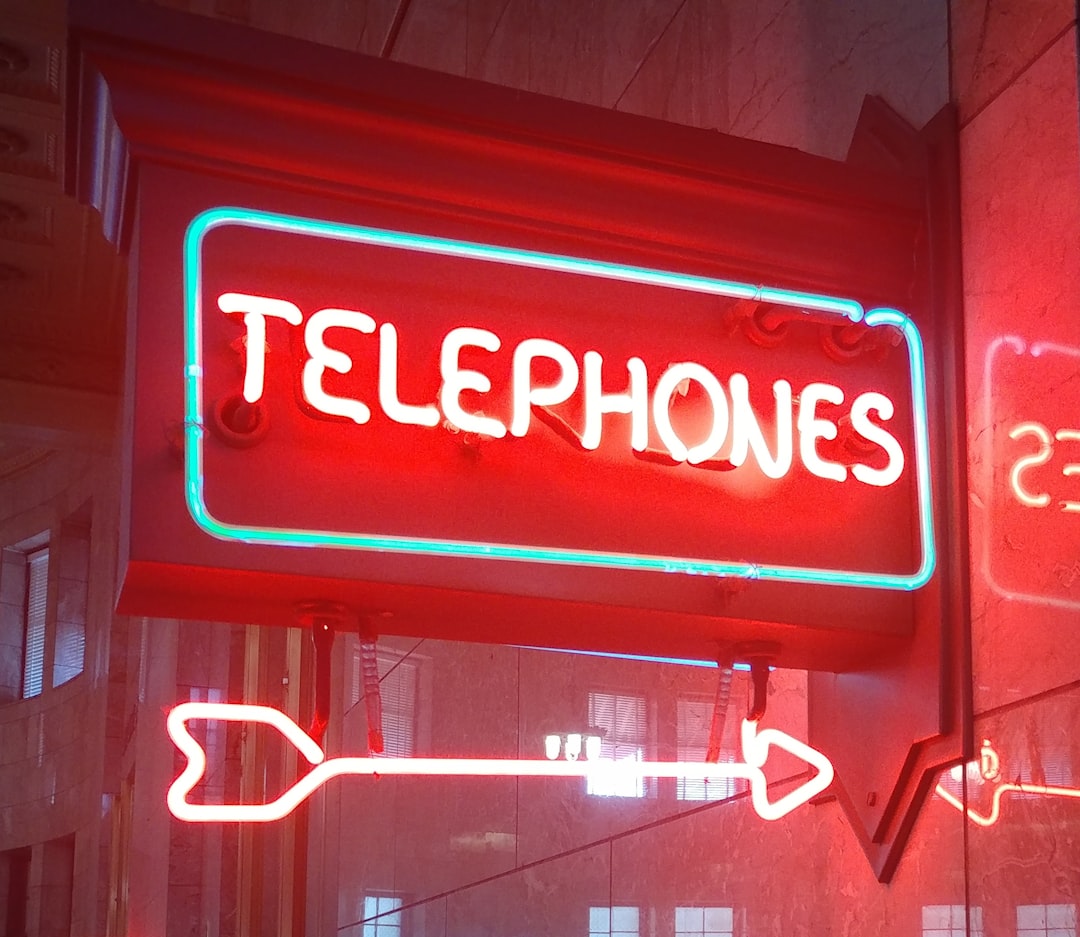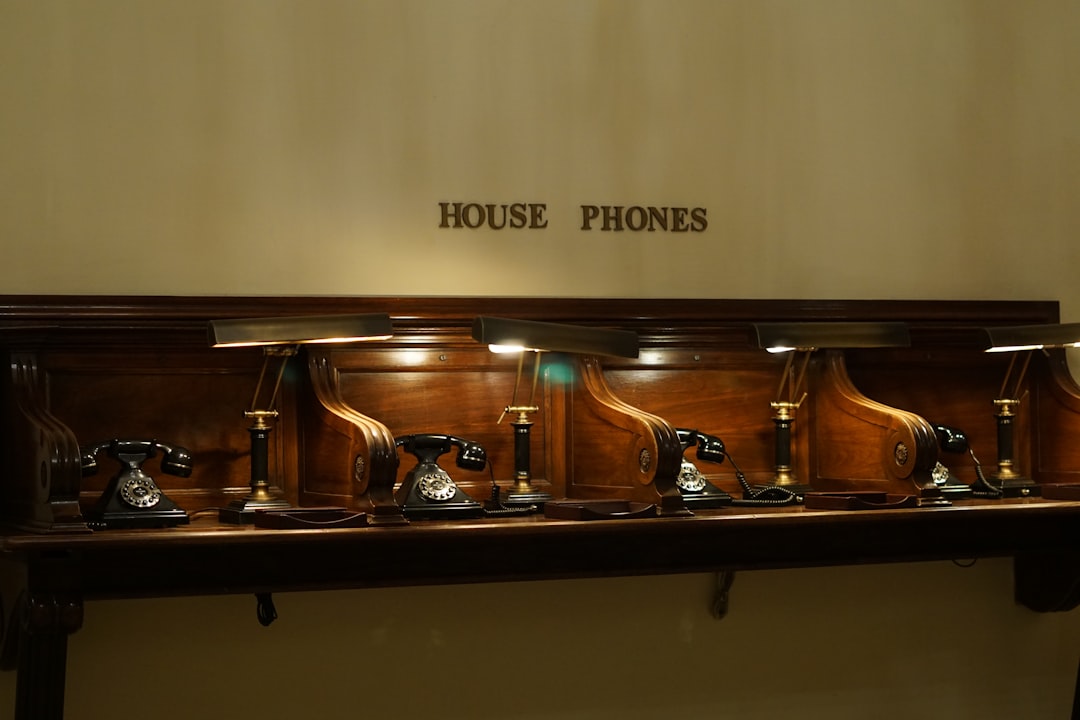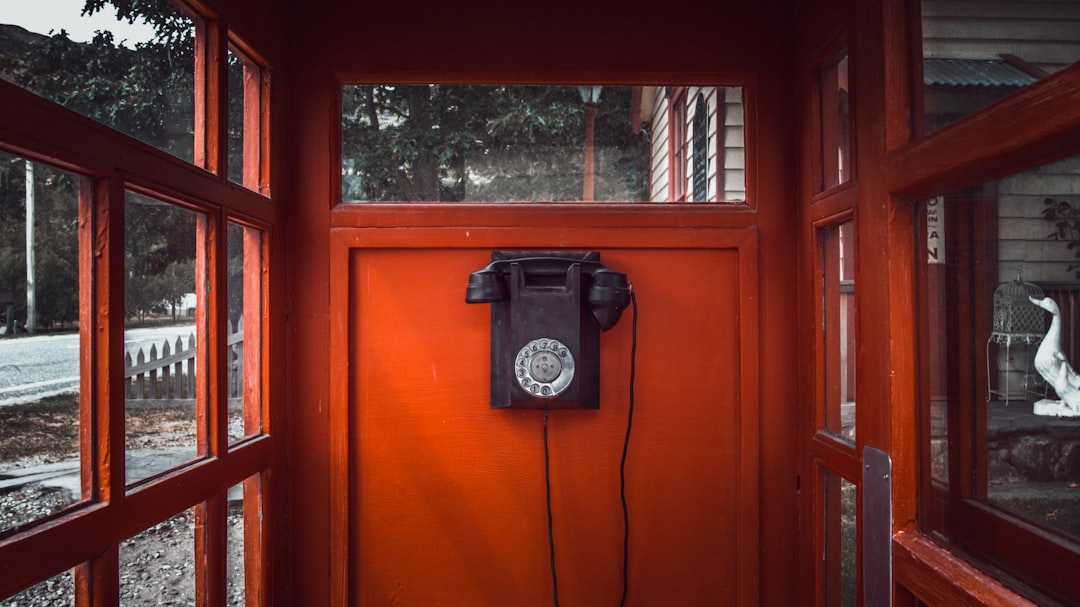Robocalls disrupt businesses and legal practices in Connecticut, leading to compliance risks and client dissatisfaction. State regulations require explicit consent for telemarketing, with the Attorney General's office overseeing Do Not Call Registry adherence. To combat this modern nuisance, law firms adopt AI-driven robocall filter apps like Hiya and TrueCall, enhancing client service and saving time while ensuring robocall Attorney Connecticut compliance.
In today’s digital age, Connecticut businesses face a constant onslaught of unwanted robocalls, impacting operations and customer experience. Understanding the legal landscape and implementing effective robocall filtering solutions is crucial. This guide navigates the issue by delving into the impact of robocalls on businesses, exploring Connecticut’s legal perspective, and highlighting top-rated robocall filter apps to empower local companies with enhanced protection against these persistent intruders, ensuring a safer, more productive environment for both employees and customers alike. Seek counsel from a robocall attorney in Connecticut to fortify your defenses.
Understanding Robocalls and Their Impact on Businesses

Robocalls have become a ubiquitous nuisance, especially for businesses in Connecticut. These automated phone calls, often emanating from telemarketers or scammers, can disrupt operations and negatively impact customer relationships. The sheer volume of robocalls targeting Connecticut-based businesses underscores the need for effective solutions to mitigate their effects.
For legal professionals in Connecticut, managing robocalls is not just a nuisance but a potential compliance issue. Many states have regulations regarding telemarketing practices, including restrictions on automated calls. Implementing a robust robocall filter app can help law firms maintain compliance, enhance client satisfaction, and ensure that valuable time and resources aren’t wasted on unwanted or fraudulent calls.
Legal Perspective: Robocall Regulations in Connecticut

In Connecticut, the Attorney General’s office enforces regulations aimed at curbing unwanted robocalls, ensuring consumer protection. The state has specific laws in place to regulate automated telemarketing calls, often referred to as robocalls. These rules are designed to prevent fraudulent or aggressive sales practices and give consumers more control over their phone lines. Any business engaged in telemarketing within Connecticut must comply with these regulations, which include obtaining explicit consent from recipients before making automated calls.
Businesses operating in Connecticut should be particularly mindful of the Do Not Call Registry, a statewide list that allows residents to opt-out of marketing calls. Robocall Attorney Connecticut can guide companies through navigating these legal requirements, ensuring their compliance strategies are effective and up-to-date with the latest legislative changes.
Top Robocall Filtering Apps for Enhanced Protection

In today’s digital era, robocalls have become a persistent nuisance for businesses and individuals alike. For Connecticut-based attorneys and law firms, this issue is especially pertinent due to the high volume of calls they receive daily. To combat this growing problem, several top-tier robocall filtering apps offer enhanced protection for businesses in the Nutmeg State.
One notable option is Hiya, a widely recognized app that uses advanced AI technology to identify and block spam calls, including those from unscrupulous robocallers targeting local attorneys. Another highly effective solution is TrueCall, which allows users to report unwanted calls, improving its filtering capabilities over time. These apps not only shield against intrusive robocalls but also save valuable time for Connecticut’s legal professionals, letting them focus on delivering quality services to their clients.






